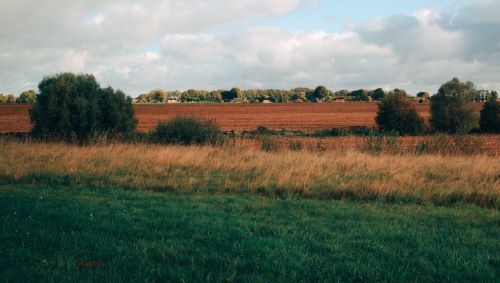
21 April 2023
Agrarian researchers have highlighted concerns that Defra’s Environmental Land Management Schemes (ELMS) are systematically flawed and will not drive improvements in soil health. They argue that concentrated land ownership in England, moves away from production support for upland farmers and carbon credits will prevent ELMs from resulting in good land management.
A UK research group led by the University of Cambridge is focusing on the importance of fenland soils for carbon storage and the need to protect them from degradation. The group is investigating ways to improve soil carbon sequestration in the fens in East Anglia, which are vital for biodiversity and flood control. They are exploring the potential of alternative land management practices, such as restoring wetlands and planting perennial crops.
Spain could face food shortages following its winter drought. As the country enters its growing season soil moisture is very low which could impact how much fruit and vegetables are produced in the region, with a lack of water available for the crops.
Through an analysis of various national datasets, including UK soils, the British Geological Survey has identified a number of areas with critical raw minerals. These raw minerals are contained within some soils, and are critical as the UK transitions to more low-carbon technology such as electric vehicles. Areas identified include the South West of England and parts of Cumbria.
The renamed Bannau Brycheiniog (previously, the Brecon Beacons) National Park Authority in Wales has announced a decision to move away from traditional sheep grazing. This has raised concerns among rural campaigners, who fear a focus on more ‘nature-focused’ farming will have negative impacts on the local economy and environment, as sheep farming is seen as vital for sustaining the region's heritage, economy, and soil health.
NASA is extending the period the Global Ecosystems Dynamics Investigation (GEDI) satellite remains operating as part of the International Space Station. The satellite is a laser-based mapping system that can estimate carbon stored in forest soils and trees, aiding the monitoring of soil health. The technology penetrates forest canopies to reveal tree height, structure, and biomass, providing crucial data on soil and forest health.
With growing awareness of the importance of soil health and the role of soil microbiomes, companies such as Bayer Crop Science are focusing on providing farms with the ability to test soil DNA. Through low-cost DNA sequencing technology, companies are able to examine soil microbiomes and assess what pests and diseases are already prevalent, allowing preventative measures to be taken.
New Zealand farmers are promoting regenerative wool farming practices as a way to make the fashion industry more sustainable. By using techniques such as rotational grazing of sheep, regenerative farming helps to improve soil health and biodiversity, which can lead to increased wool production and quality. This wool can be used for clothing instead of non-renewable materials.